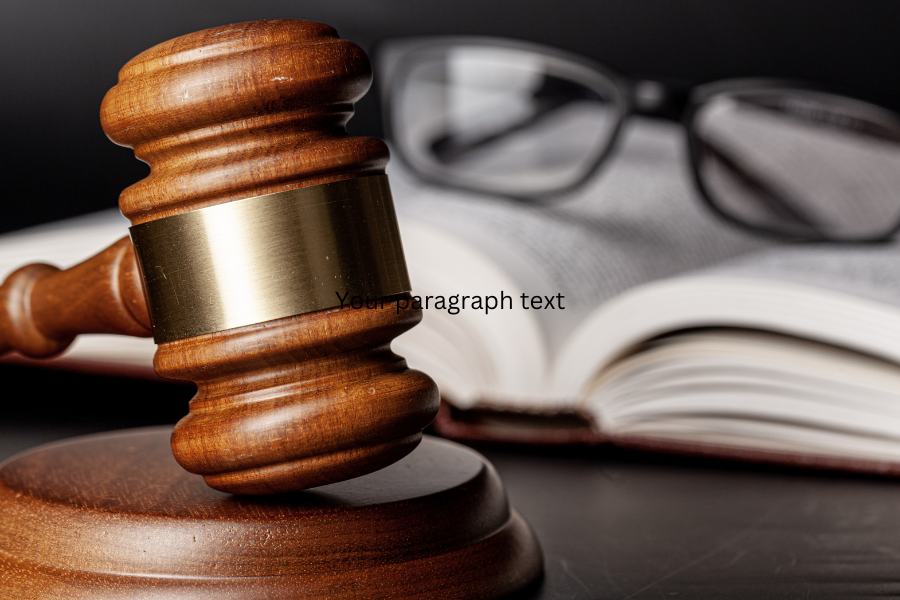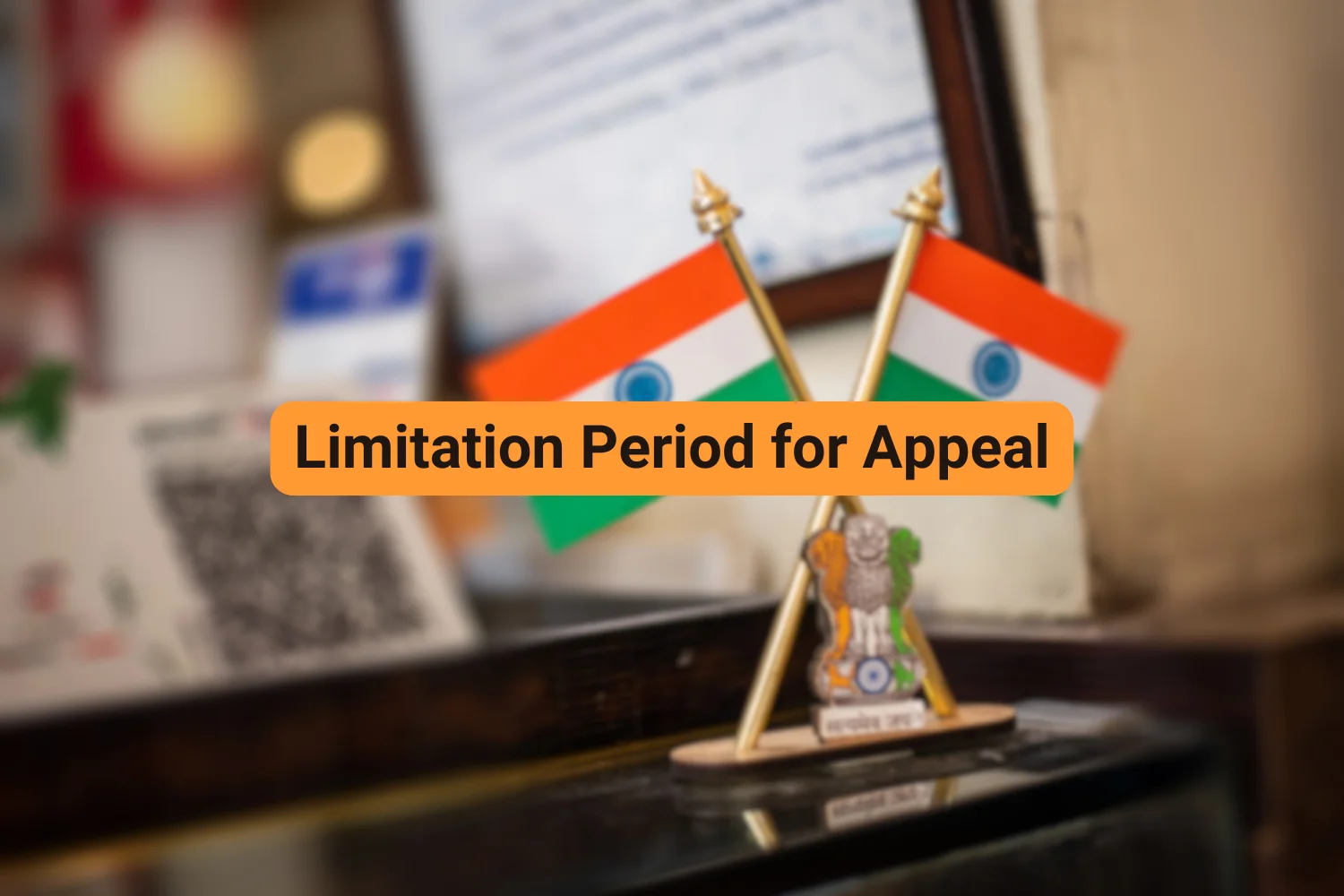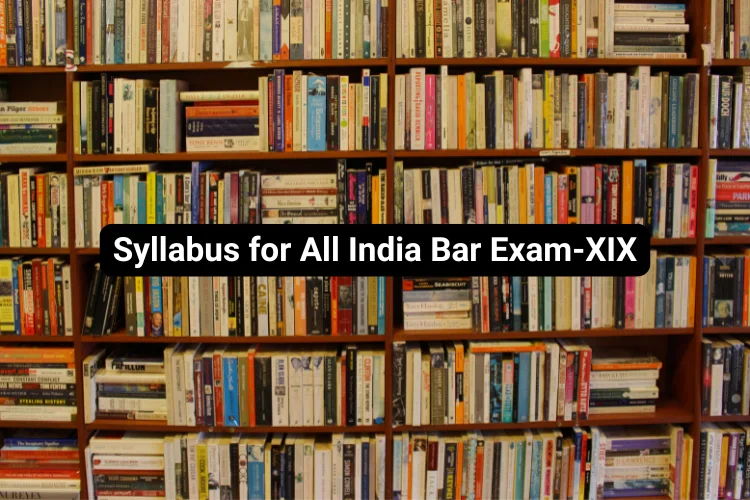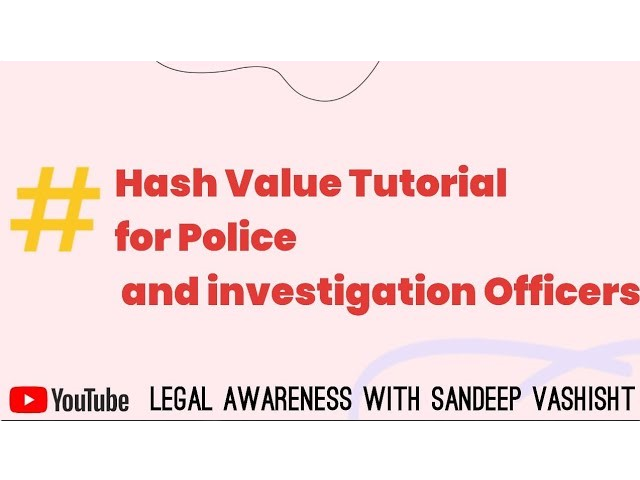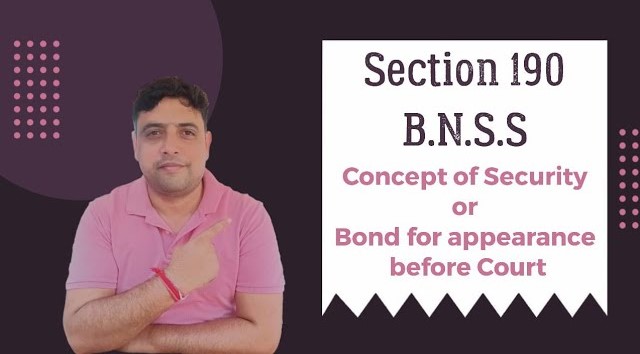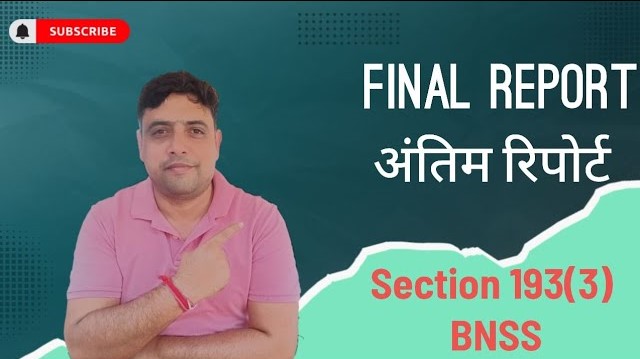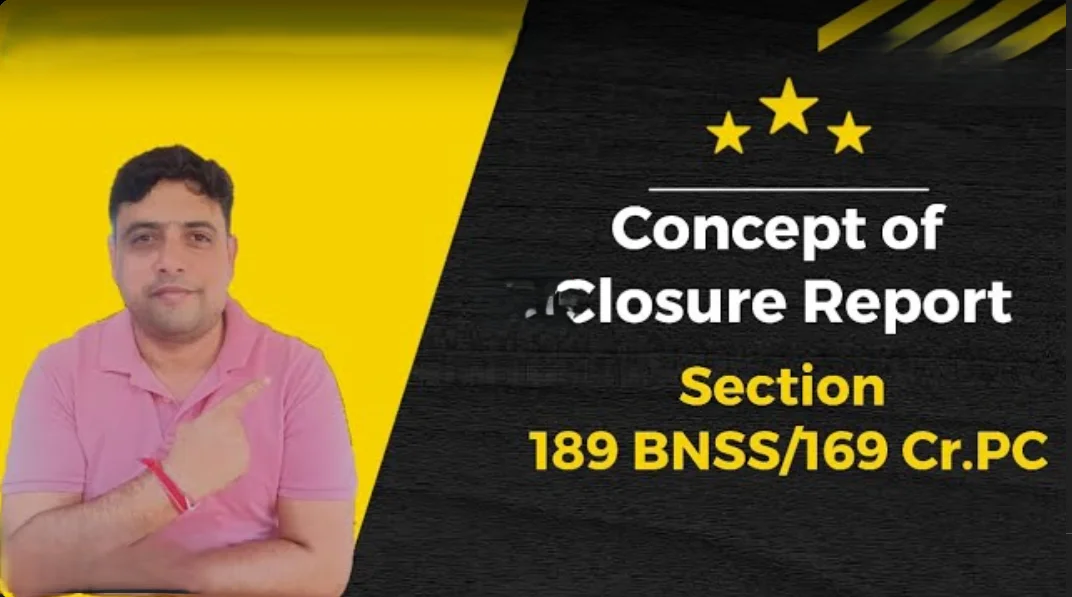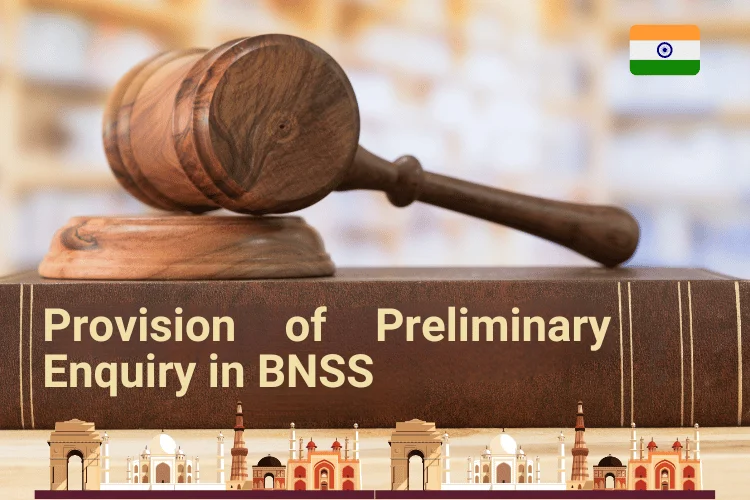Fundamentals Principles of Pleadings with Landmark Case Laws
INTRODUCTION
Pleadings are statements made by suit in support of their rights, either by plaintiff or defendant. So, it is a formal statement regarding cause of action, matters in issue and relief claimed by the party. These three are the essential elements of a pleading.
- It cannot be the statement regarding evidences of the party. Evidences cannot be pleaded.
Order 6 Rule 1 of CPC defined the Pleading.
WHAT IS PLEADING?
As defined under Order 6 Rule 1 of CPC, pleading shall be plaint or written statements.

- Plaint : Plaint is the statement filed by the plaintiff in a civil court to prove his claim whereas written statements are the statements defined in Order 8 Rule 1 of CPC, which states that the defendant should file written statements within 30 days of issuance of the summons. Plaint is the statement of the plaintiff containing grievances in order to initiate an action in a court of law. It helps the court to determine the real nature of the suit.
- Written statements : These statements are filed by the defendant for his defense by which he either admits the claim of the plaintiff or denies the allegations or averments made by the plaintiff in his plaint.
In short pleadings are those material facts which helps plaintiff to define the cause of action and defendant to establish his defense in a civil suit.
- The case of a party must be set out in the pleadings. No relief can be claimed on the grounds which are not contained in the pleadings.
- It includes allegations and counter allegation made by one party and denied by the other.
According to Mogha, "Pleadings are statements in writing drawn up and filed by each party to a case, stating what his contentions will be at the trial and giving all such detail as his opponent needs to know in order to prepare in answer.
Objects of the Pleadings
The whole object of pleadings is to bring parties to definite issue and to diminish expense and delay and to prevent surprise at the hearing. Further that the parties themselves know what are the matters in dispute and what facts they have to prove at the trial.
Pleadings have following objectives:
- To bring the parties to definite issues
- To prevent surprise and miscarriage of justice
- To avoid unnecessary expense and trouble
- To save public time
- To eradicate irrelevancy
- To assist the court
In Ganesh Trading Co. v. Moji Ram 1978, the Supreme Court observed, "Provisions relating to pleadings in civil cases are meant to give to each side intimation of the case of the other so that it may be met to enable courts to determine what is really at issue between parties, and to prevent deviations from the course which litigation on particular causes of action must take."
In Virendra Kashinath v. Vinayak N. Joshi 1999, the Supreme Court stated, "The object of the rule is twofold. First is to afford the other side intimation regarding the particular facts of his case so that they may be met by the other side. Second is to enable the court to determine what is really the issue between the parties."
FUNDAMENTAL PRINCIPLES OF PLEADING
As per sub rule (1) of rule 2 fundamental principles of pleadings are as follows:
- Pleading should state facts and not law: Pleading should contain the facts as the court has the power to apply the law on the basis of facts states in pleadings.
In the case of Kedar Lal v. Hari Lal, it was held that it is the duty of the parties to state only the facts on which they rely upon their claims.
It is for the Court to apply the law to the facts pleaded. In the case of Gouri Dutt Ganesh Lall Firm v. Madho Prasad, it was held that the law of pleading may be tersely summarized in four words;
"Plead facts not law”
- The facts stated should be materials facts: The facts stated in pleadings should be material facts and should avoid using immaterial or irrelevant facts in the Pleadings.
In the case of Union of India v. Sita Ram, the court said that "material facts" means all facts upon which the plaintiff cause of action or the defendant's defence depends, or in other words, all those facts which must be proved in order to establish the plaintiff right to relief claimed in the plain or the defendant's defence in the written statement.
The second principle of pleadings is that they should contain a statement of material facts and material facts only. Though the expression "material facts" has not been defined in the Code, it means all facts upon which the plaintiff's cause of action or the defendant's defence depends, or, in other words, all those facts which must be proved in order to establish the plaintiff's right to relief claimed in the plaint or the defendant's defence in the written statement.
In Udhav Singh v. Madhav Rao Scindia 1976, the Supreme Court has defined the expression "material facts" in the following words: "All the primary facts which must be proved at the trial by a party to establish the existence of a cause of action or his defence are material facts."
In Virender Nath v. Satpal Singh 2007, the Supreme Court stated: "The phrase 'material facts' may be said to be those facts upon which a party relies for his claim or defence. In other words, 'material facts' are facts upon which the plaintiff's cause of action or the defendant's defence depends. What particulars could be said to be’ material facts' would depend upon the facts of each case and no rule of universal application can be laid down. It is, however, absolutely essential that all basic and pri mary facts which must be proved at the trial by the party to establish the existence of a cause of action or defence are material facts and must be stated in the pleading by the party."
The distinction between "material facts" and "particulars" cannot be overlooked. Material facts are primary and basic facts which must be pleaded by the party in support of the case set up by it. Since the object and purpose is to enable the opposite party to know the case it has to meet, in absence of pleading, a party cannot be allowed to lead evidence. Failure to state material facts, hence, will entail dismissal of the suit. Particulars, on the other hand, are the details of the case.
- Pleading should not state the evidence; The third principle of pleadings is that the evidence of facts, as distinguished from the facts themselves, need not be pleaded. In other words, the pleadings should contain a statement of material facts on which the party relies but not the evidence by which those facts are to be proved.
The facts are of two types:
-
- Facta Porbanda : The facts required to be proved that is material facts.
- Facta Probantia : The facts by means of which they are to proved. (particulars or evidence)
The pleadings should contain only facta probanda and not facta probantia. The material facts on which the plaintiff relies for his claim or the defendant relies for his defence are called facta probanda, and they must be stated in the plaint or in the written statement, as the case may be. But the facts or evidence by means of which the material facts are to be proved are called facta probantia and need not be stated in the pleadings. They are not the "fact in issue", but only relevant facts required to be proved at the trial in order to establish the fact in issue
- Facts should be stated in a concise form : The fourth and the last general principle of pleadings is that the pleadings should be drafted with sufficient brevity and precision. The material facts should be stated precisely succinctly and coherently. The importance of a specific pleading can be appreciated only if it is realised that the absence of a specific plea puts the defendant at a great disadvantage. He must know what case he has to meet. He cannot be kept guessing what the plaintiff wants to convey by a vague pleading.
Therefore, the pleading must be precise, specific and unambiguous. A party cannot be allowed to keep his options open until the trial and adduce such evidence as seems convenient and handy. The words "in a concise form" are definitely suggestive of the fact that brevity should be adhered to while drafting pleadings. Of course, brevity should not be at the cost of excluding necessary facts, but it does not mean niggling in the pleadings. If care is taken in syntactic process, pleadings can be saved from tautology. (emphasis supplied) Every pleading should be divided into paragraphs and subparagraphs. Each allegation should be contained in a separate paragraph. Dates, totals and numbers must be mentioned in figures as well as in words.
Rule 3 lays down that forms in Appendix A of the Code should be used where they are applicable; and where they are not applicable, forms of like character should be used. The facts must be pleaded with certainty. In other words, they should be definitely stated as facts, and should not be left to be inferred from vague or ambiguous expressions. All material facts must be stated in a summary form, as briefly as the nature of the case requires. Immaterial averments and unnecessary details must be omitted and material allegations and necessary particulars must be included
In virender Kashinath vs Vinayak N. Joshi it was held that the words in a concise form are definitely suggestive of the fact that brevity should be adhered to while drafting pleadings. Of course, brevity should not be at the cost of excluding necessary facts, but it does not mean niggling in the pleadings.
OTHER RULES OF PLEADINGS: RULES 4-18
Over and above the aforesaid basic rules, there are other rules of pleadings dealing with cases of a special nature. They have been laid down in Rules 4 to 18 of Order 6. They may be summarised thus:
- Wherever misrepresentation, fraud, breach of trust, wilful default or undue influence are pleaded in the pleadings, particulars with dates and items should be stated.
In Bishundeo Narain v. Seogeni Rai, the Supreme Court observed: "Now if there is one rule which is better established than any other, it is that in cases of fraud, undue influence and coercion, the parties pleading it must set forth full particulars and the case can only be decided on the particulars as laid. There can be no departure from them in evidence. General allegations are insufficient even to amount to an averment of fraud which any court ought to take notice of, however strong the language in which they are couched may be, and the same applies to undue influence and coercion."What particulars are to be set out in the pleadings must depend upon the facts of each case. As a general rule, so much certainty and particularity should be insisted upon as is reasonable, having regard to the circumstances and the nature of the acts.
- The performance of a condition precedent need not be pleaded since it is implied in the pleadings. Non-performance of a condition precedent, however, must be specifically and expressly pleaded.
- Facts which the law presumes in favour of a party or as to which the burden of proof lies upon the other side need not be pleaded.
- Signing and verification of pleadings rules 14-15:
As a general rule, every pleading must be signed by the party or by one of the parties or by his pleader. But if the party is unable to sign the pleading, it can be signed by any person authorized by him. (rule -14). Similarly, every pleading must be verified by the party or by one of the parties pleading or by some other person acquainted with the facts to the case.
- STRIKING OUT PLEADINGS RULE 16: The court is empowered to strike out any pleading if it is unnecessary, scandalous, frivolous or vexatious, or tends to prejudice, embarrass or delay the fair trial of the suit or is otherwise an abuse of the process of the court.
In Sathi Vijay Kumar v. Tota Singh 2006, the Supreme Court observed that bare reading of Rule 16 of Order 6 of the Code makes it clear that a court may order striking of pleadings in the following cases:
- where such pleading is unnecessary, scandalous, frivolous or vexatious; or
- where such pleading tends to prejudice, embarrass or delay fair trial of the suit; or
- where such pleading is otherwise an abuse of the process of the court.
- OBJECTION TO PLEADING: An objection to pleading should be taken at the earliest. If at an appropriate stage such objection is not raised, it is deemed to have been waived. This is based on the principle that, in such cases, it cannot be held that prejudice has been caused to the party raising a plea at the belated stage





